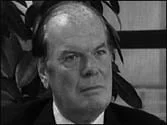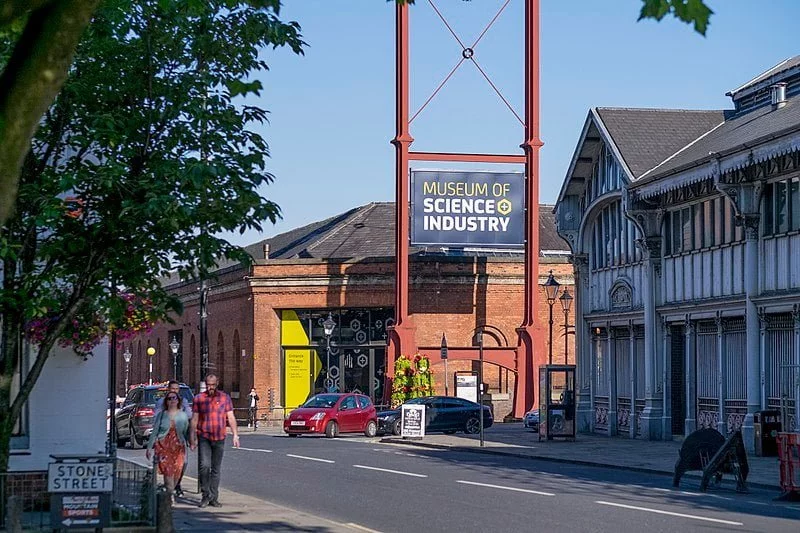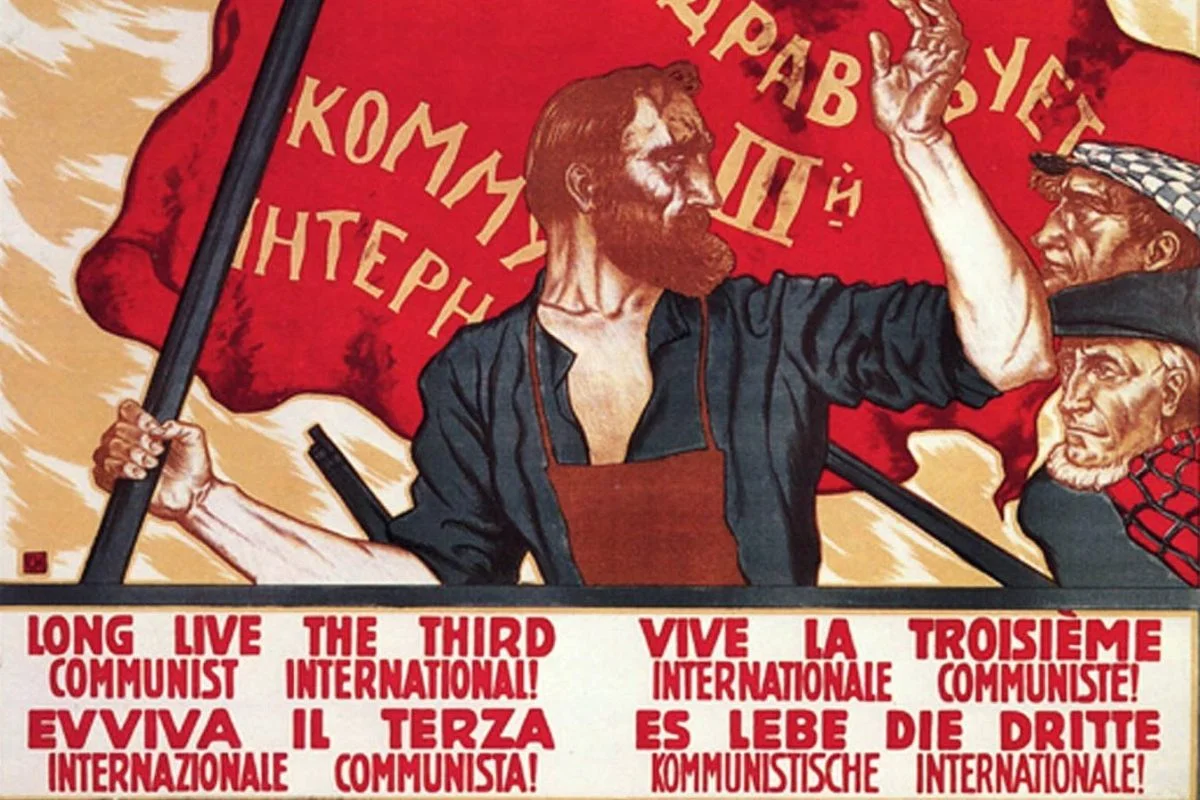Gordon Brown and senior Labour Party officials have greeted
the defection to Labour’s parliamentary ranks of Tory MP Quentin Davies with
joy. But what sort of person are they actually getting?
Davies, a former Tory front bench spokesperson, is no closet
socialist. According to Michael White in the Guardian (June 27) Davies is being
described by Tory spin doctors as "…a bit too Europhile and posh, an MP
whose ungreen and old-fashioned social views sit uneasily with David Cameron’s
new agenda." To hell with Cameron and his agenda, should this not be
"sitting uneasily" with Labour’s agenda?
White goes on to note that "…Mr Davies, though an
ex-investment banker and pro-hanger, is defecting from the left; he says he
stands for a free-market capitalism which offers social justice, Brown-style,
for the upwardly mobile." Davies’ main complaint, reading through his long
and rambling resignation letter, seems to be that Cameron has not read the
endless series of papers sent to him by the miffed MP on every issue under the
sun. Davies ends his letter with the following sentence which will make every
genuine Labour and trade union member vomit: "…I am looking forward to
joining another party with which I have found increasingly I am naturally in
agreement and which has just acquired a leader I have always greatly
admired…".
This says a lot about Gordon Brown and New Labour rather
than what it says about Quentin Davies. Comrade Quentin will not be turning up
anytime soon to sing the Red Flag, defend council housing, and support the
struggles of trade unionists or anything like that. He is a Tory through and
through. If he thinks that Cameron is a
poor second choice after his favoured option of a Ken Clarke Tory party then
fine, but why should we have this reactionary buffer in the ranks of the Labour
Party. The fact that New Labour and Brown can find nothing wrong with this man
says volumes about the true nature of what they stand for.
Mind you, Brown has already shown his cards with the plot to
bring leading Lib-Dems into the government, not because he needs their votes,
but because he wants to be "all-inclusive." Like Lloyd George or
Ramsay MacDonald, Brown (like Blair) wants to rule for "the nation"
and not the party. Lib-Dem leader Ming the Mediocre has rejected the deal not
least because of the revolt within the Liberal Party.
But as we go to press, rumours are flying around about
various business types being "invited" into the government. The real
reason is simple; Brown wants to present himself to capital as leading a
government of big business rather than a Labour government. How far he can
succeed in this is open to speculation. Blair had similar fantasies about
reorganising the face of British politics along American lines, with two
identical parties fighting for power, and failed miserably. The third way,
radical re-alignments and the rest all came to nought.
Brown wants these people around him to re-enforce his
pro-liberalisation (i.e. reactionary) agenda. But this is not what Party
members and trade unionists want from a Labour government and action must be
taken to challenge this. Brown will soon discover that these characters will
provide little protection from the cold blast of class forces.






